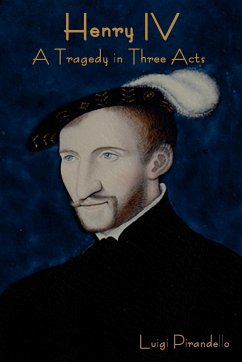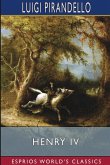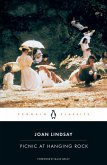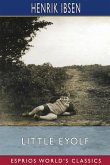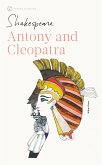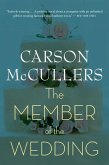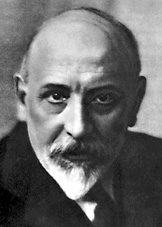Luigi Pirandello [28 June 1867 - 10 December 1936) was an Italian dramatist, novelist, and short story writer awarded the Nobel Prize in Literature in 1934, for his "bold and brilliant renovation of the drama and the stage". Pirandello's works include novels, hundreds of short stories, and about 40 plays, some of which are written in Sicilian. Pirandello's tragic farces are often seen as forerunners for Theatre of the Absurd. Henry IV is a man who went mad after being knocked off his horse during a masquerade. At the time he was playing the part of Henry IV, and his delusion for over twelve years after the fall was that he was King Henry IV of Germany during the eleventh century. He has been placed in a "castle" with four valets, or "private counselors", all paid for by his nephew Di Nolli. The play opens in the throne room with Berthold, a new valet who has just been hired, learning from the other three valets. Berthold is being taught everything he needs to know in order to work for Henry IV and take care of the madman...
